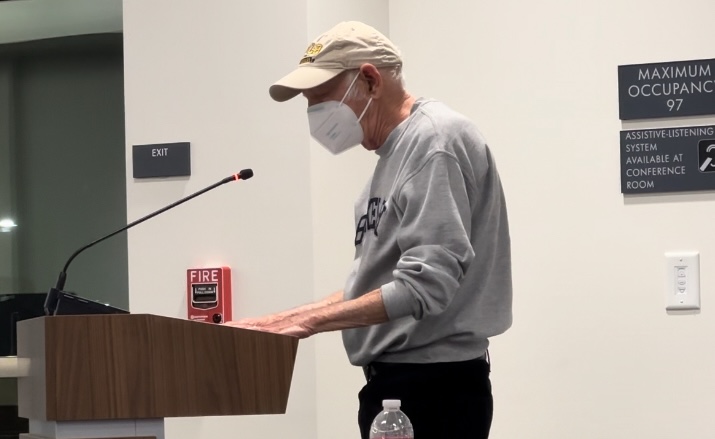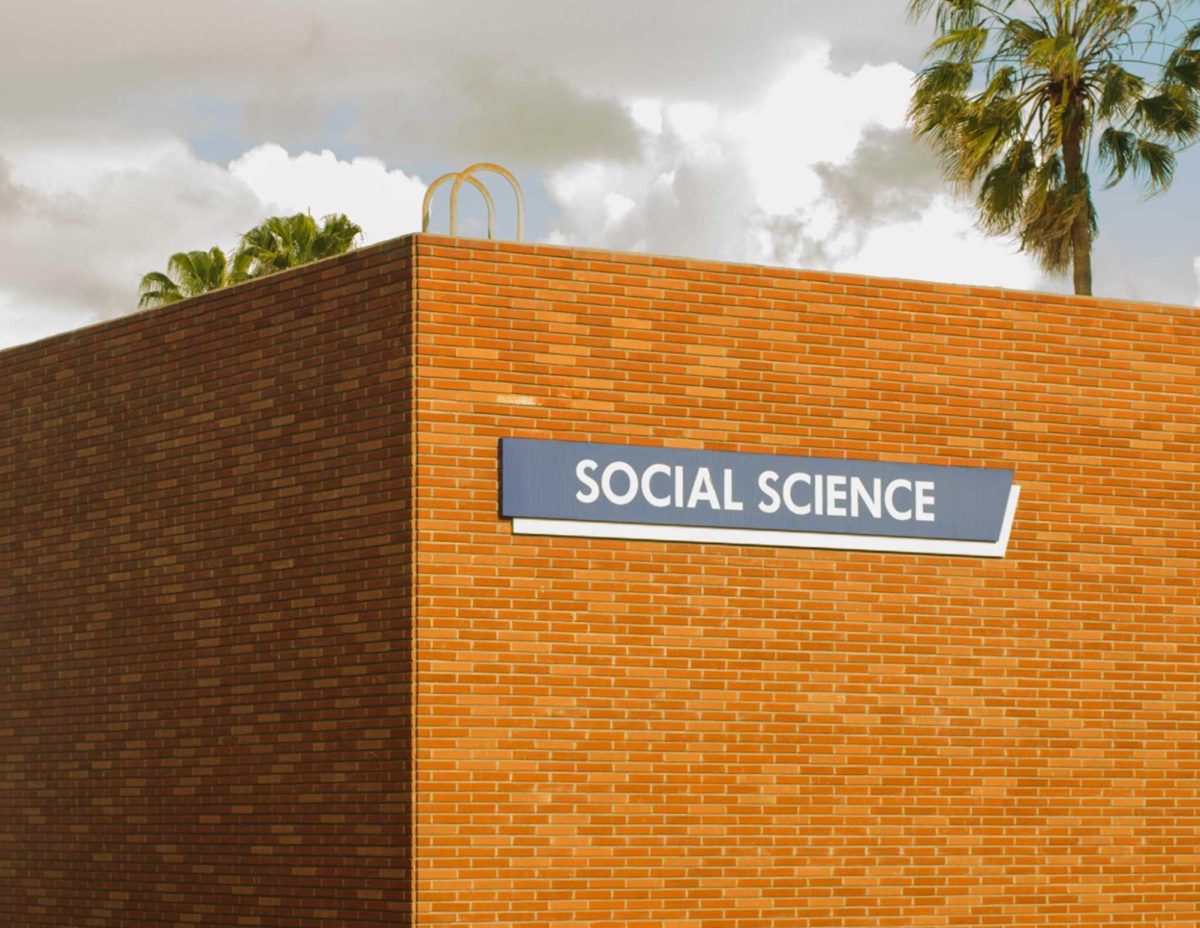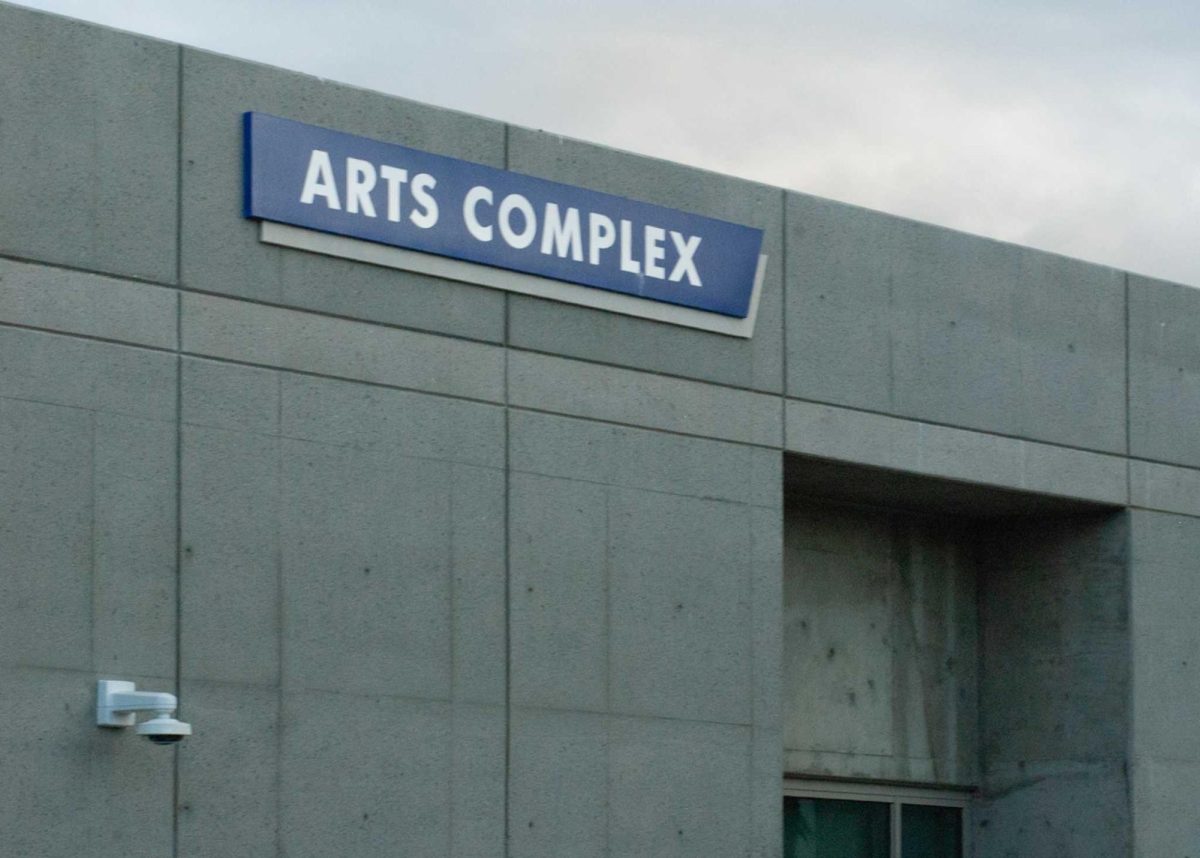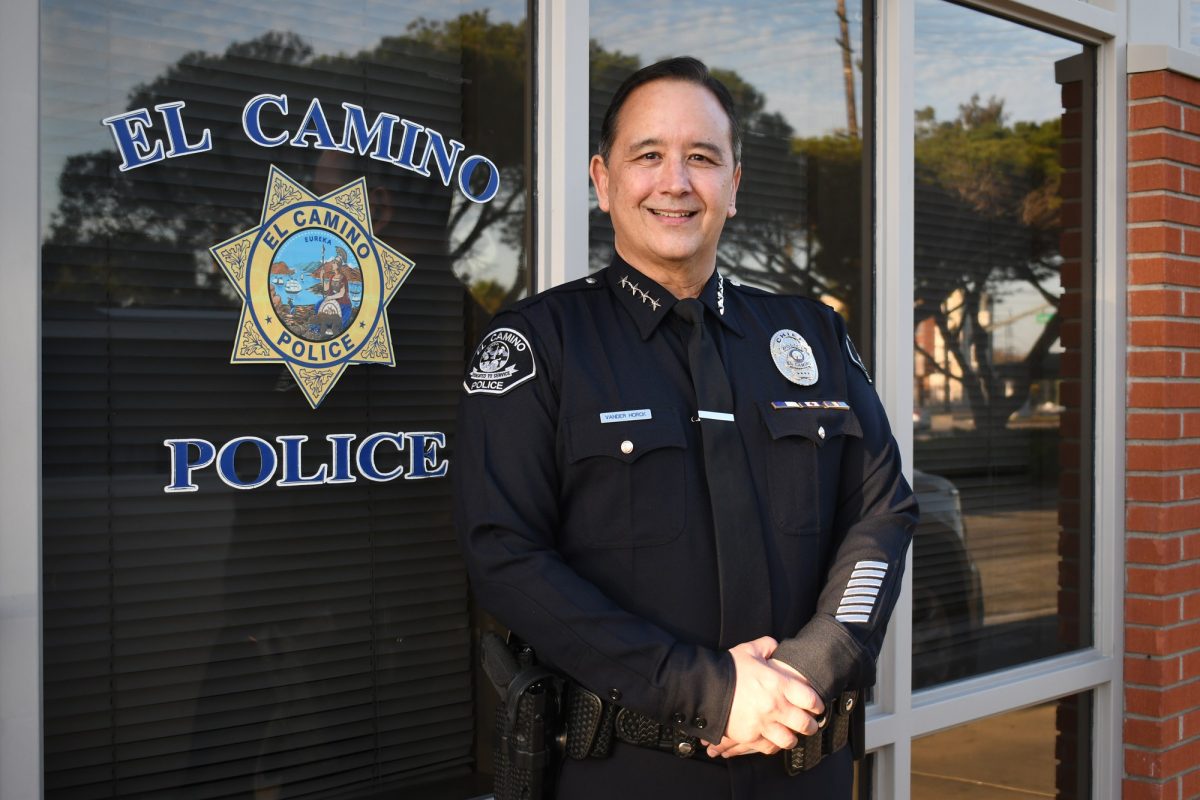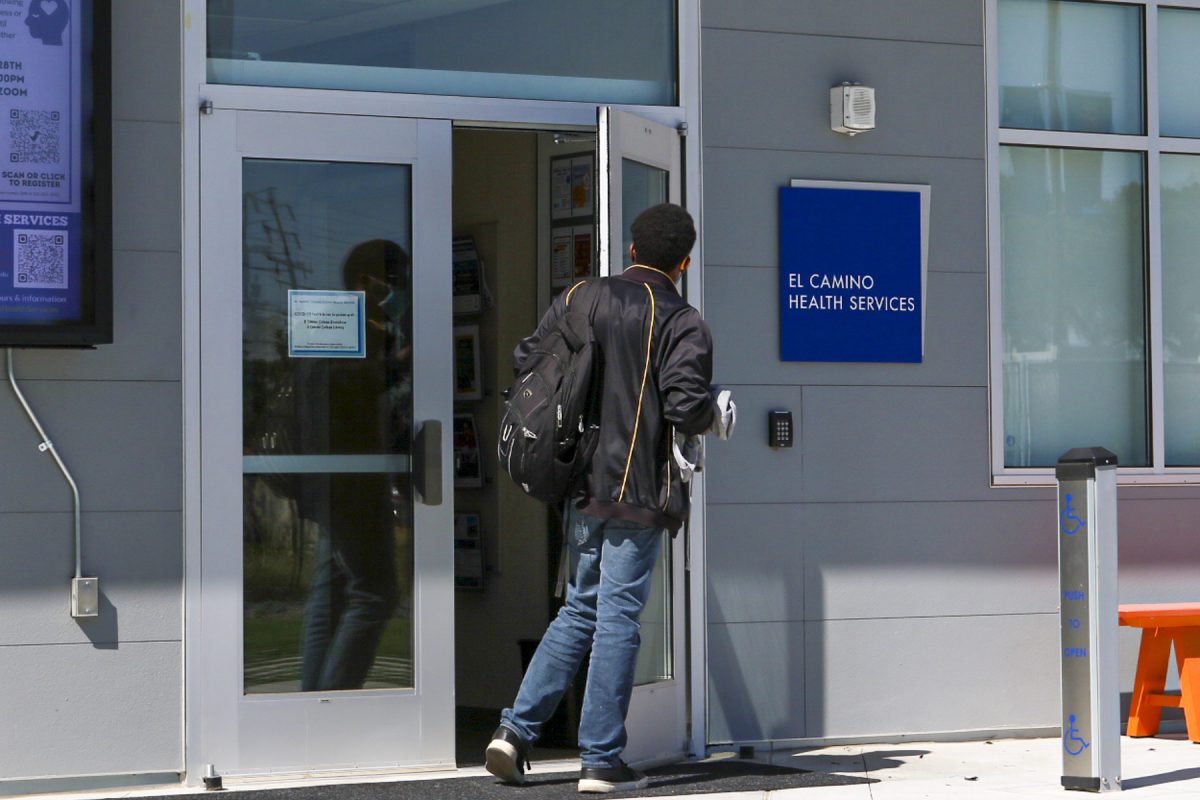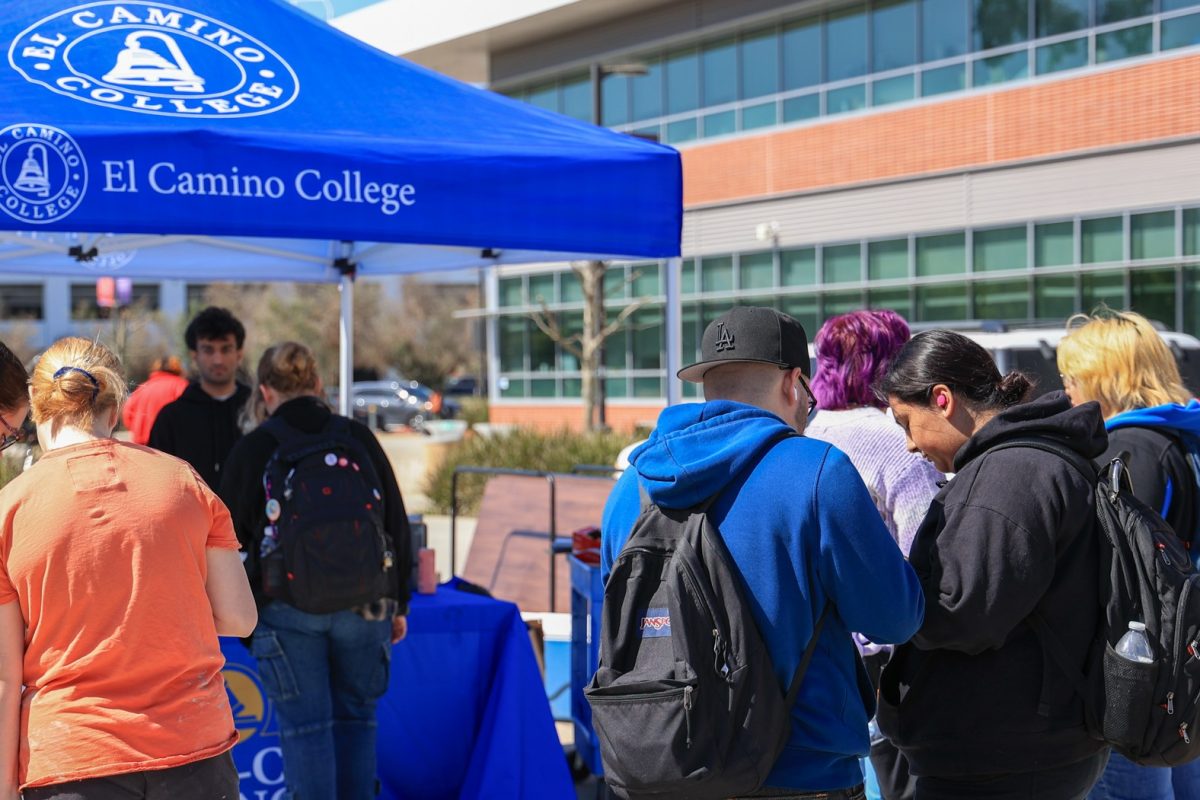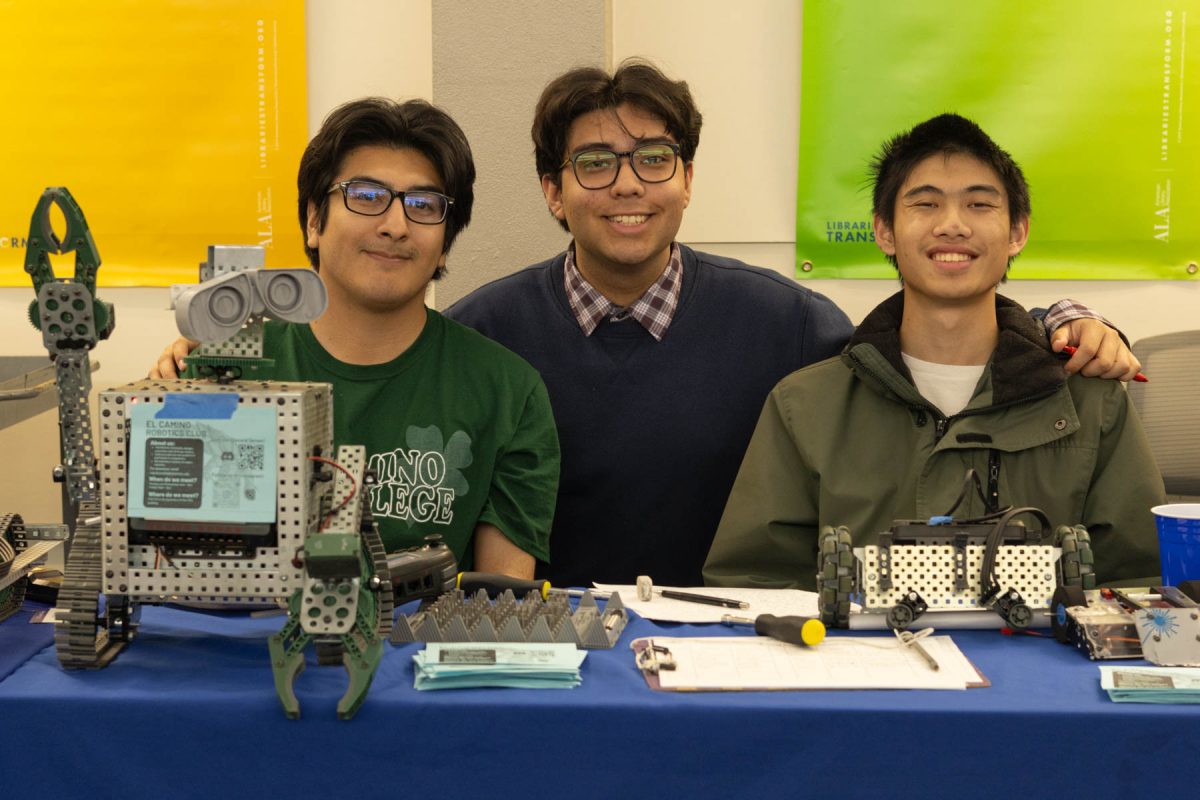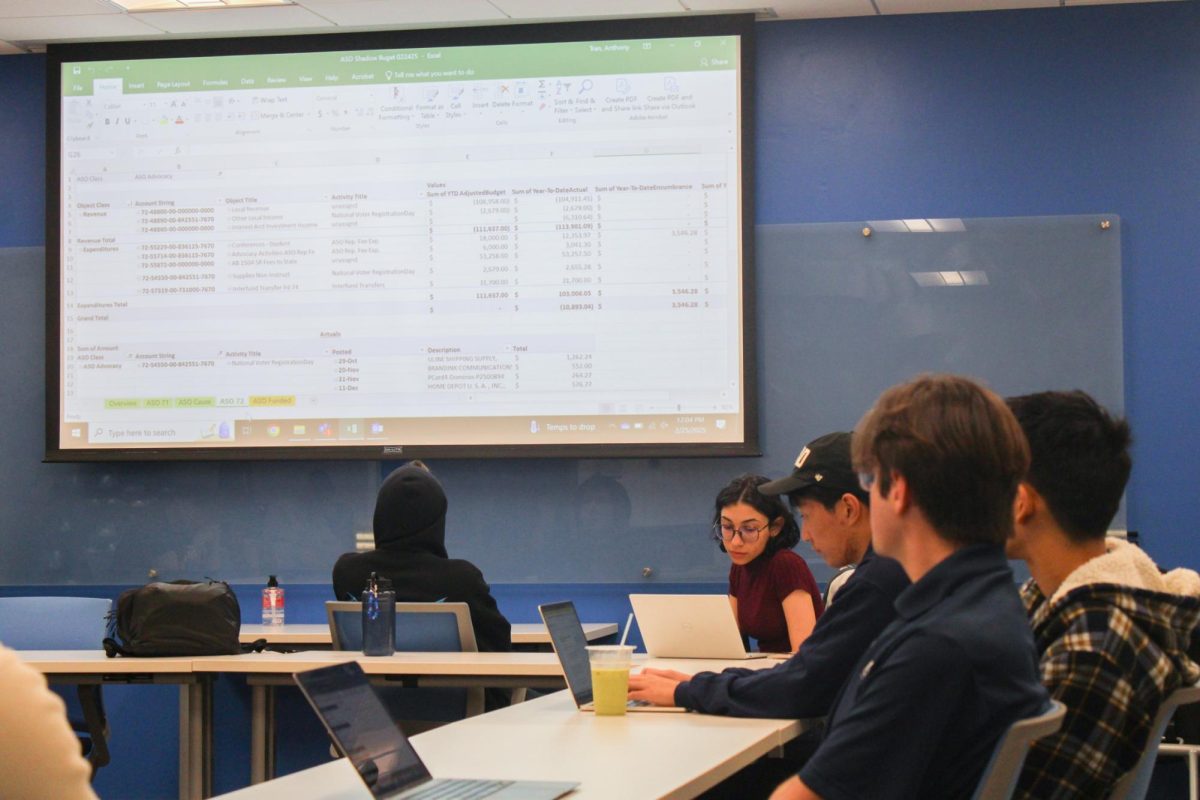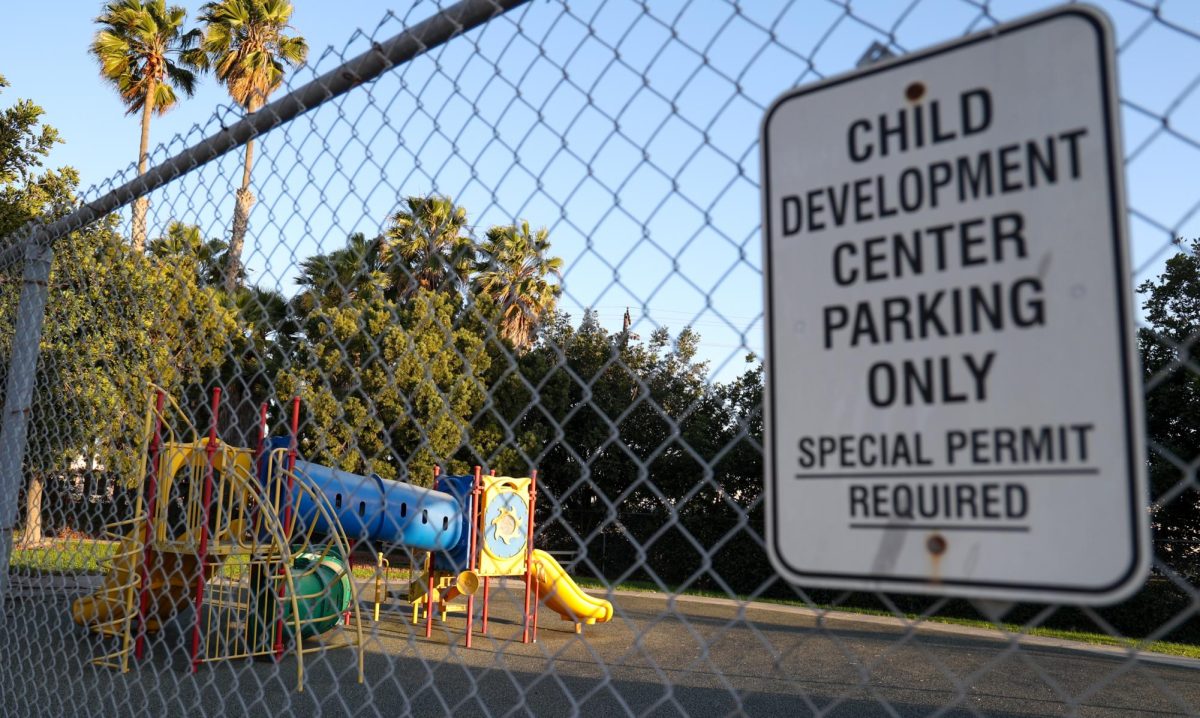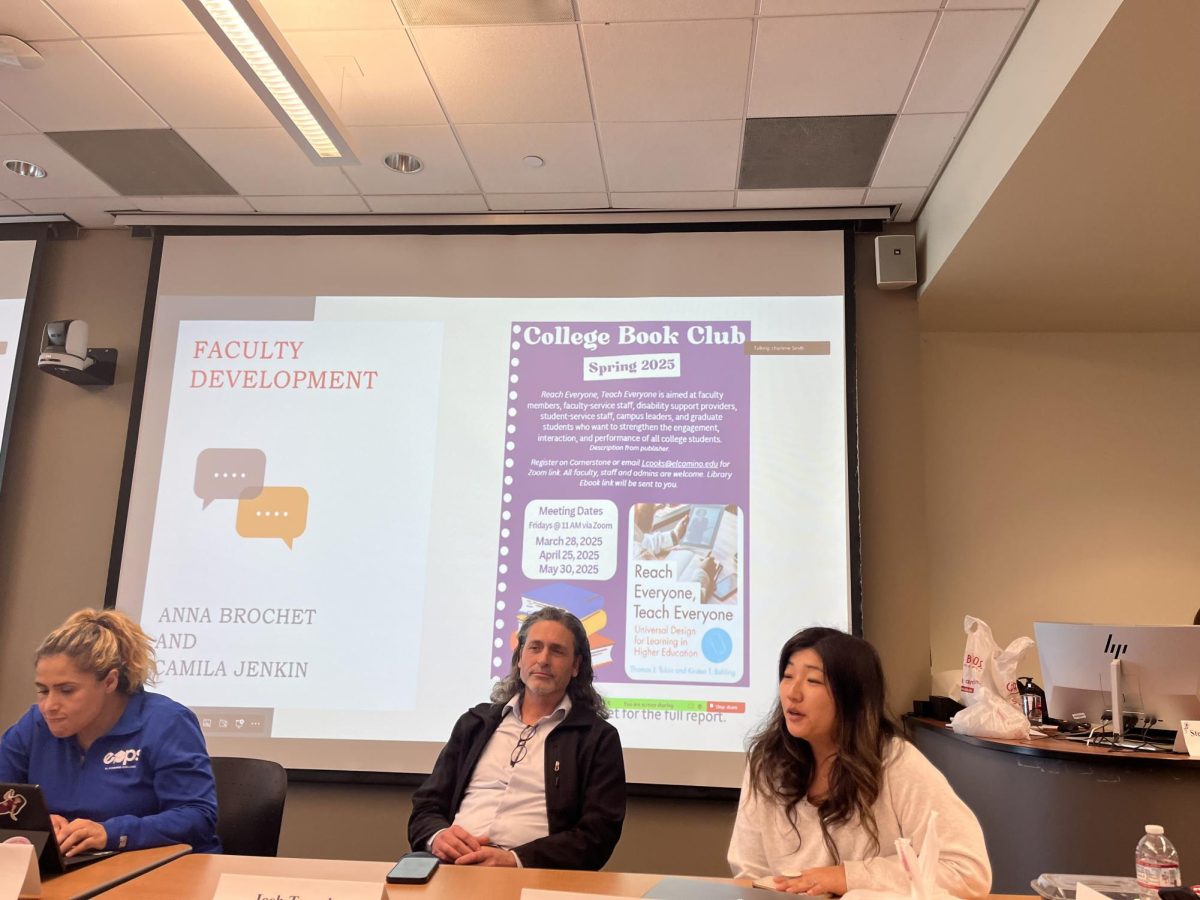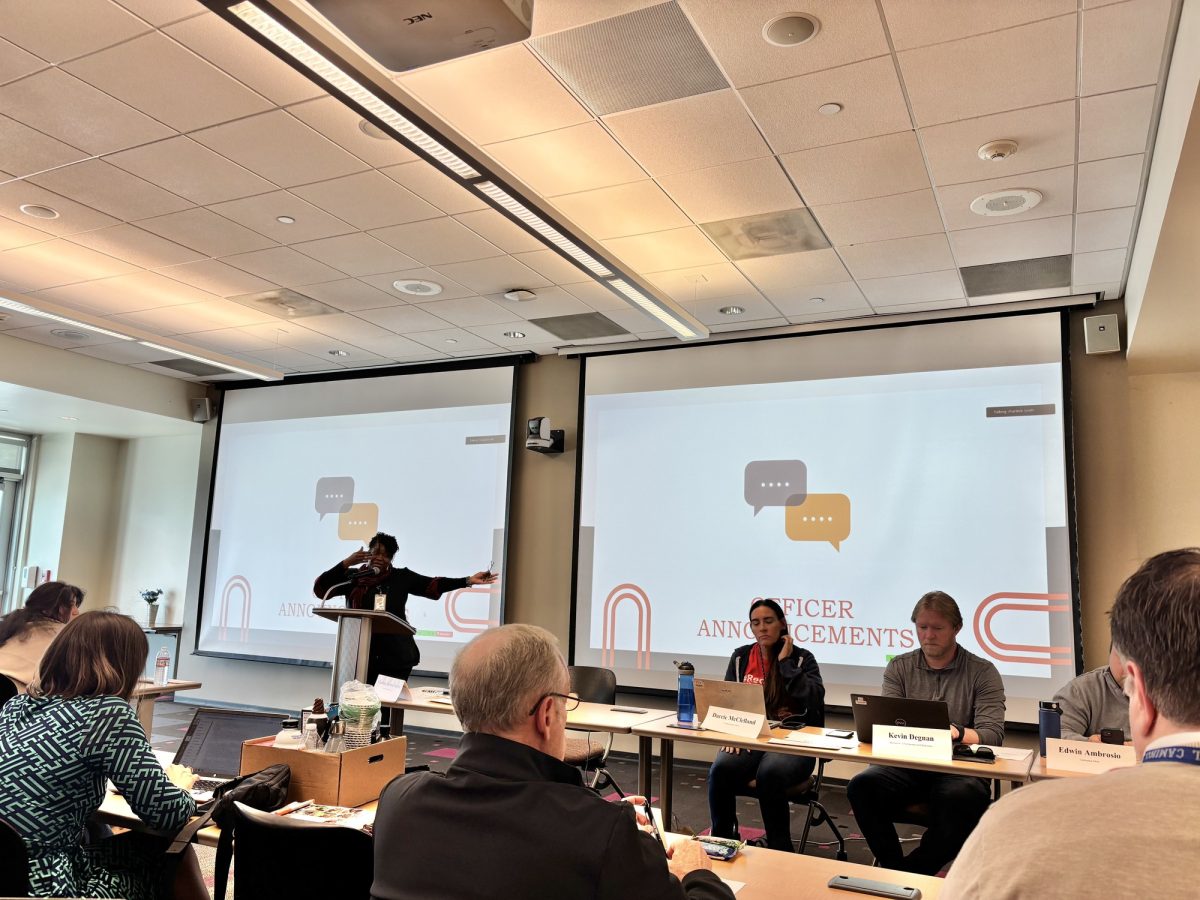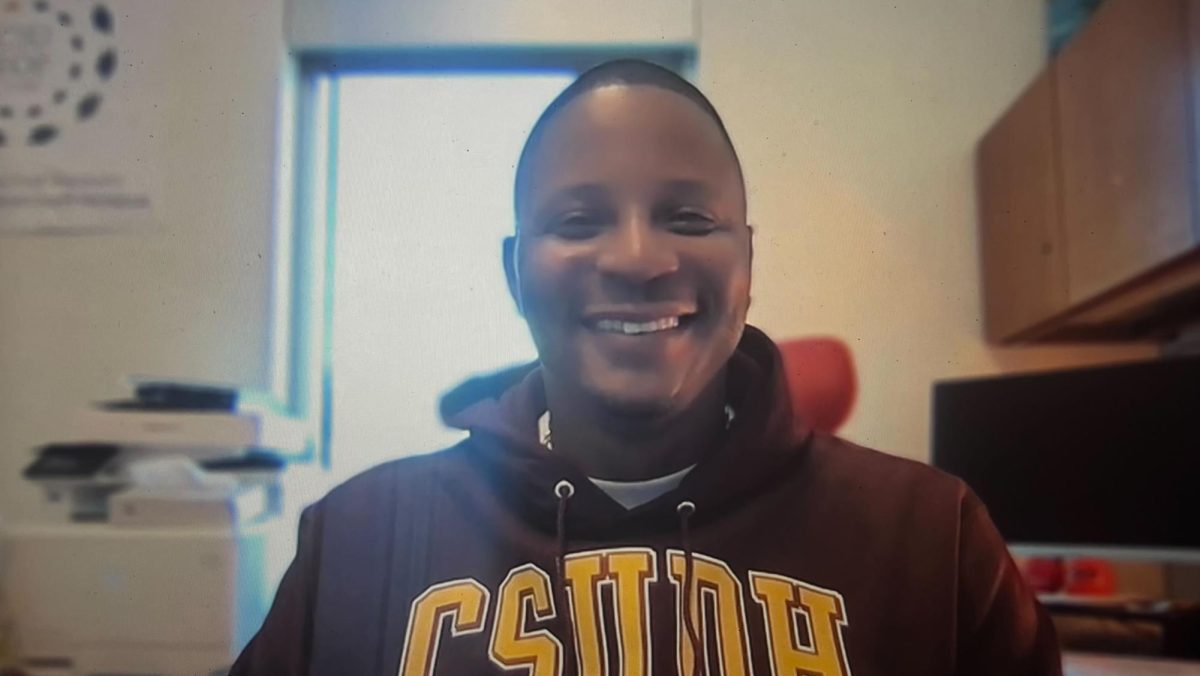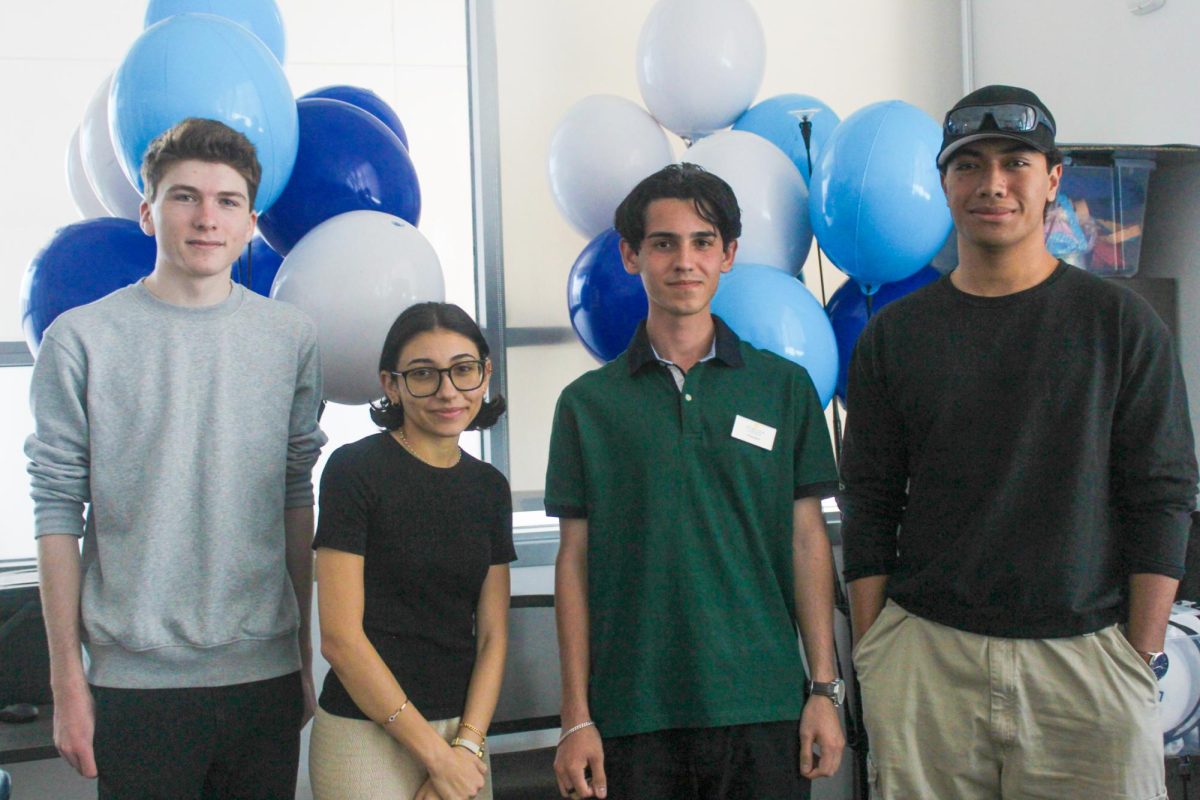Education should get back to what it was before the pandemic and asynchronous courses should be “greatly reduced,” a faculty member said during the Feb. 21 board of trustees meeting.
Part-time math professor, James Stein, 82, spoke during the public comment segment of the meeting.
Reading from a sheet of paper with a computer printout, Stein used his three minutes to address the board and argue against asynchronous classes.
These classes have “detrimental effects on student engagement, academic integrity and overall academic success,” Stein said.
Toward the end of his speech, Stein said he didn’t write the words he was reading. He said he submitted a prompt to ChatGPT on the need to reduce asynchronous courses at El Camino and the AI wrote the text in five seconds.
“How do instructors reading student papers know they weren’t written by ChatGPT?” Stein said.
Wednesday’s meeting was the “third or fourth time” that he talked to the board. Stein said no one has addressed his concern.
“General asynchronous education was necessary during the pandemic. It was useful then,” Stein said to The Union.
He said certain asynchronous courses that don’t put too much emphasis on student participation and assessment are a good idea for students who can’t get to school in person.
While it has some value, asynchronous education is overemphasized at El Camino, Stein said.
“The administration seems to want to push it,” he said. “The reason that students demand asynchronous education, in general, is because they can cheat their way through.”
Stein said he has been teaching at El Camino for 10 years and experienced the college change over time.
“This was a vibrant campus before the pandemic, now it’s dead,” he said.
He said it is a shame the campus is no longer what it was because of asynchronous classes.
“There are a lot of very dedicated teachers here, but some of them have become very, very lazy,” Stein said. “They are no longer what I think of as real teachers.”



